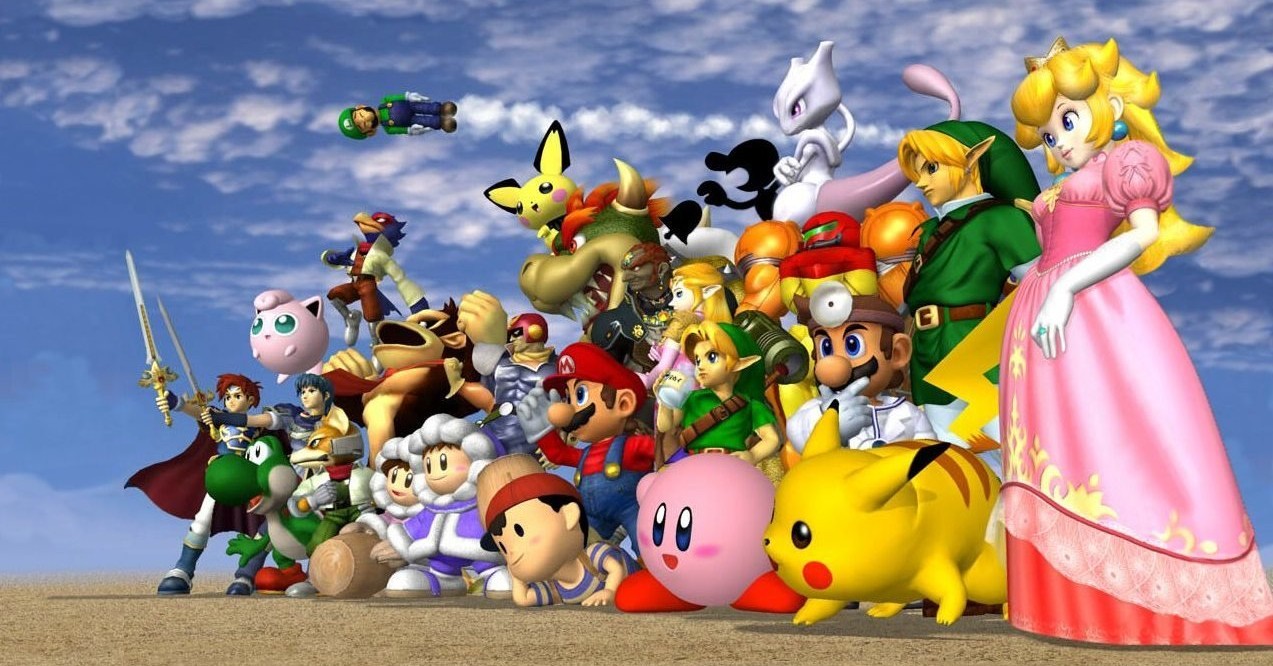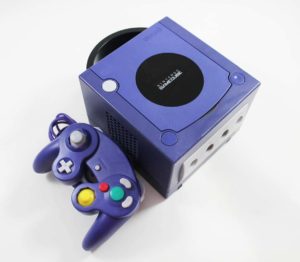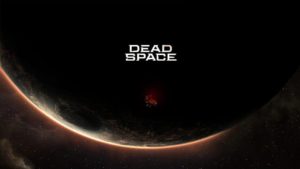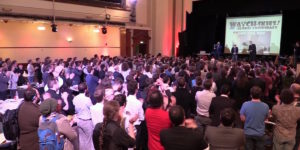
The upcoming Super Smash Bros tournament, The Big House, has been canceled following a cease and desist from Nintendo of America. In a statement, Nintendo clarified that they took issue with the fact that the tournament was going to be run with “illegally copied versions of the game in conjunction with a mod called “Slippi“”.
Slippi is a Gamecube emulator released earlier this year that allows for Super Smash Bros Melee to be played online with minimal lag. The emulator uses roll-back netcode, the gold standard for online fighting game functionality, allowing players to compete against one another across far distances with minimal latency. Because Melee lacks native support for online functionality, Slippi has allowed the competitive Melee scene to stay active during the coronavirus pandemic.
The Big House has been a fixture for the Smash scene over the previous decade, with last year’s installment drawing almost 3,000 competitors for Melee and Super Smash Bros Ultimate. While this year’s tournament was initially planned to be an in-person event, it was canceled in July due to the ongoing pandemic. Earlier this month, it was announced that it would return in December as an online tournament.
Nintendo’s decision to shut down the event has been met with backlash from the Smash community, prompting an online petition. In a Tweet, The Big House tournament organizer Robin “JuggleGuy” Harn explained that Slippi was being utilized because it is the only way to effectively run an online Melee tournament during the pandemic.
Others have criticized Nintendo’s justification of the cease and desist. While Nintendo claimed that copies of the game were acquired “illegally” a statement that can be called into question. Slippi requires an ISO file from Super Smash Bros Melee, a file which can be obtained by burning a copy of the game disc. Under US Copyright law 17 USC 117, it is stated that it is legal for consumers to create copies of computer programs that they own. While downloading or distributing the ISO file is dubious or outright illegal, these ISO files can be acquired legally. Similarly, emulators are generally considered legal in the United States. Several court cases throughout the 90s and early 2000s, such as Sony Computer Entertainment America v. Bleem established the legal precedent for emulation, as long as the emulators are reverse engineered.
This is not the first time that Nintendo has come into conflict with the competitive Smash community. In 2013, the company attempted to stifle Super Smash Bros Melee‘s return to the fighting game tournament EVO by threatening legal action for streaming their game. This came after fans raised over $94,000 for cancer research in a competitive fundraising drive. In that instance, Nintendo eventually acquiesced and allowed for the game to be streamed.




